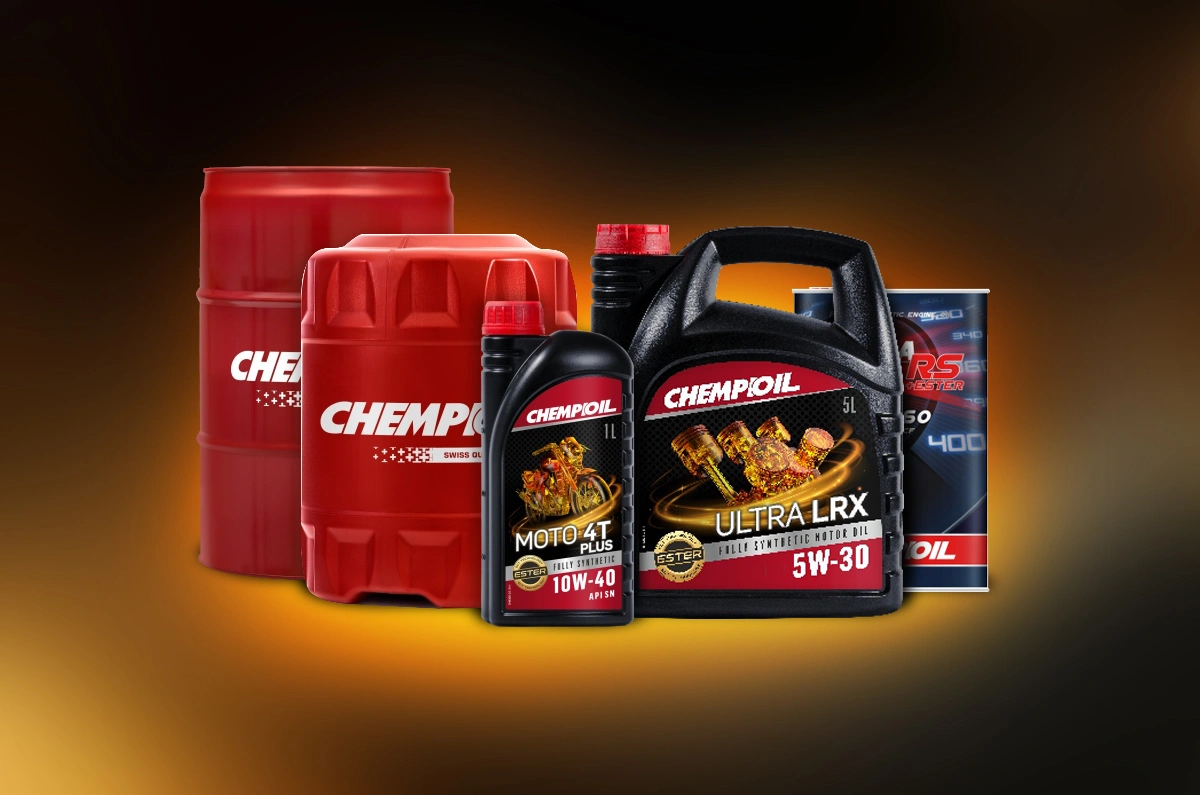Why Choosing the Right Engine Oil in Winter Matters
Cold temperatures significantly impact your engine’s performance, making it essential to use the right oil. The wrong oil can lead to increased wear, harder startups, and reduced fuel efficiency. This guide will help you select the best winter engine oil for optimal performance and protection.
Understanding Viscosity Ratings
Engine oil viscosity is a critical factor in winter performance. The SAE (Society of Automotive Engineers) rating consists of two numbers, such as 5W-30:
- The first number (5W) – Represents the oil’s cold-weather viscosity (W = winter). Lower numbers indicate better flow in cold conditions.
- The second number (30) – Indicates viscosity at high temperatures.
For winter, 0W or 5W oils are ideal because they flow more easily at low temperatures, preventing engine strain during startups.
Choosing Synthetic vs. Conventional Oil
- Synthetic Oil – Provides superior performance in cold weather, offering better lubrication and faster engine protection.
- Conventional Oil – Thickens more in cold temperatures, making startups harder and increasing engine wear.
For extreme winters, fully synthetic oil is the best choice due to its stability in low temperatures.
Manufacturer Recommendations Matter
Always check your vehicle owner’s manual for the manufacturer’s recommended oil type. Using oil outside the recommended viscosity range can reduce efficiency and void warranties.
Additional Winter Engine Oil Tips
- Use Oil with Cold-Weather Additives – Look for oils with detergents and anti-wear additives to enhance performance.
- Check Oil Levels Regularly – Low oil levels can cause starting issues and increased wear.
- Change Oil Before Winter – Fresh oil reduces contaminants that can thicken in cold conditions.
Final Thoughts
Selecting the right engine oil for winter ensures easier startups, better fuel efficiency, and longer engine life. Choose a low-viscosity, synthetic oil for the best protection in cold weather. Always refer to your vehicle manual and maintain proper oil levels for a smooth winter driving experience.
Would you like this optimized further for a specific audience or location? 🚗❄️




